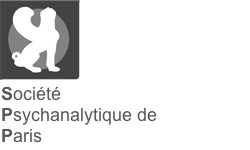|
Résumé :
|
This article provides a reading of a ‘political Anna Freud’ by analysing how Anna Freud's interwar papers about the clinical technique of child analysis refracted broader political discourses about the function and effects of governmental authority. I claim that, in the interwar period, Anna Freud developed a version of child analysis explicitly interested in the authority the analyst exercised over the child-patient. By working from a developmental conception of the child, Anna Freud argued that the relatively ‘undeveloped’ and ‘immature’ nature of the child's super-ego made it ‘dependent’ on a ballast of external (analytic) authority. Anna Freud theorized this analytic authority as a corollary to pedagogical authority, a discourse that puts her in conversation with many political reformers of her time. Yet, unlike her more leftist colleagues, when it came to the clinic Anna Freud contended that authority was both practically necessary and psychically beneficial for children. As I show, this emphasis on the necessity of authority in the clinic is part of a larger, political conversation throughout interwar Europe about the status of newly minted national democracies like Austria's. While recent scholarship on Anna Freud has mined her post-war, institutional work for a latent democratic ethos, I attend to how her early, specifically clinical prioritization of authority participates in a broader interwar ambivalence about the political viability of democracy and about the ultimate need for the restoration of good authority.
|




